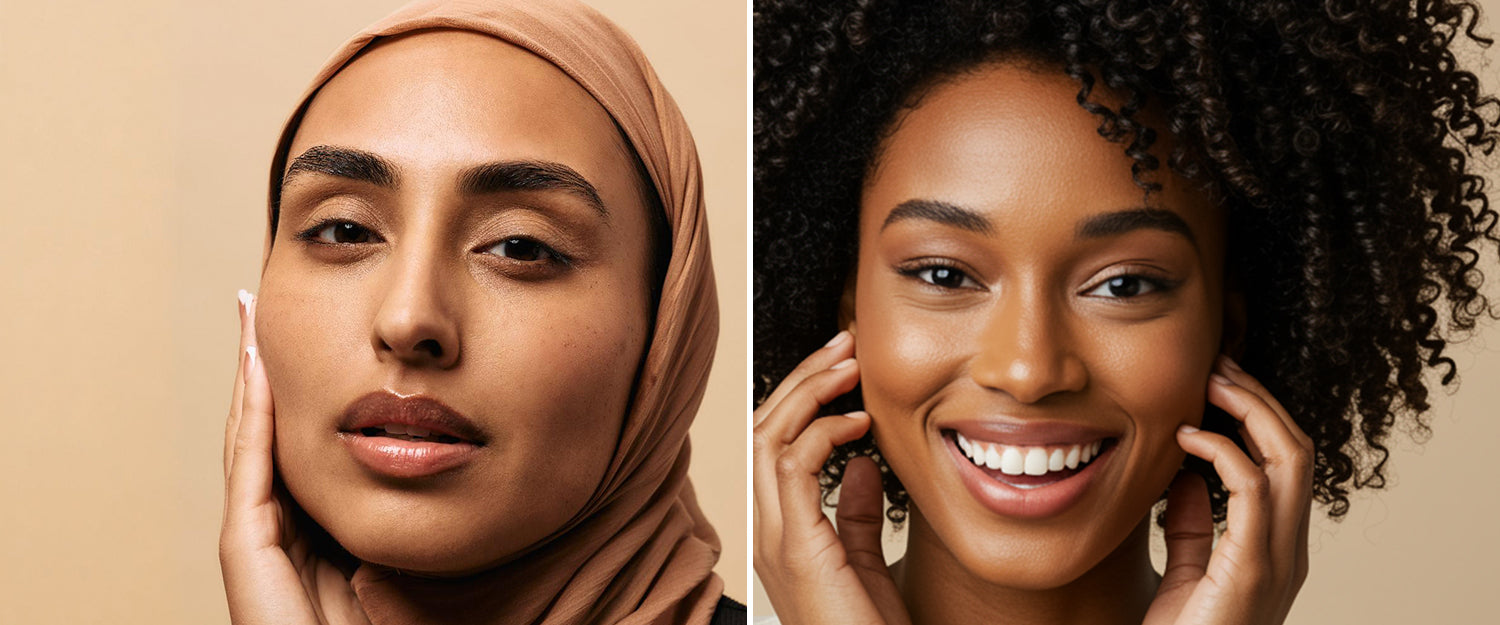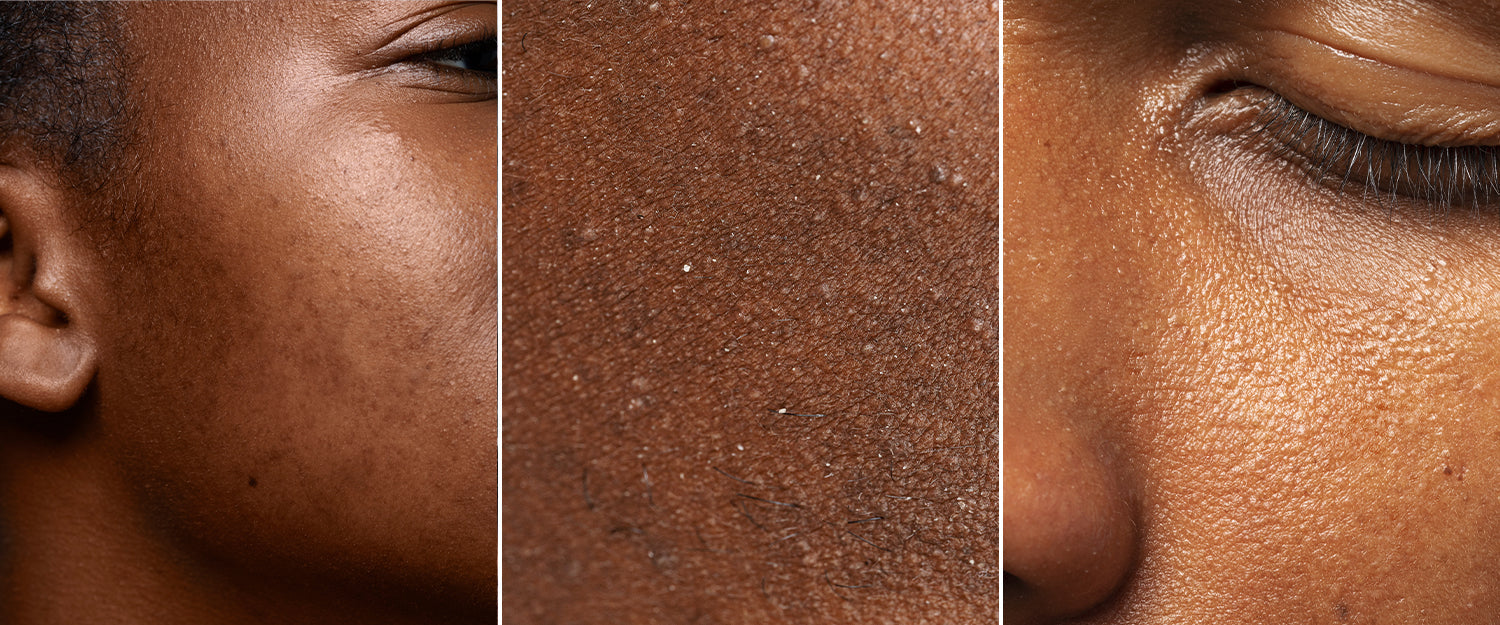In the midst of global outrage sparked by the murders of George Floyd, Ahmaud Arbery, Breonna Taylor, and countless others, many of us are feeling pain, despair, and hopelessness right now, and are looking for ways to make a difference. Industries across the board have also been grappling with acknowledging and understanding the ways in which they have traditionally and systemically excluded Black people.
The beauty industry is no different. Even though beauty brands founded by and developed for Black people have been around since the early 1900s, many of us, like me, know what it’s like having to sort through a limited selection of products in the “ethnic” beauty section in our local drugstore, hoping to discover brands that cater to our specific needs.
“We are faced with the shared consumption of horrifying facts: Black bodies being brutalized in state violence and being disproportionately affected by the virus because of systemic racialized inequality,” Jamyla Bennu, founder of beauty brand Oyin Homemade, tells SELF. “I think Black-owned beauty companies are serving a surrogate role at this moment, allowing people to make supportive purchases and also to participate in much-needed self-care during a really difficult time.”
Thankfully, the beauty industry landscape is slowly shifting, with an increase in the number of Black-owned beauty brands available, and online shopping making it more convenient than ever to shop for them. Supporting these brands is an important way to help push the industry even further. “There are so many obstacles for these businesses to get started, much less succeed and thrive, which is why it’s so important to recognize this while supporting in any way you can,” says Shelly Davis, founder of hair-care brand Kinky-Curly. Plus, as celebrity hairstylist and educator Vernon François, founder of his namesake line, says, Black-owned beauty brands can often help consumers address beauty-related issues that have for too long been ignored by mainstream companies. “We understand through firsthand lived experience the needs and wants of people of color,” he tells SELF. “Most often we are serving and speaking to an audience that has, up until fairly recently, been overlooked by the beauty business at large.”

Prior to starting his own brand, Buttah Skin founder Dorion Renaud felt unseen by the skin-care industry as a Black man. “I’d often walk into high-end stores and search for a face that looked like mine, or products that [worked for skin of color], but I couldn’t find many options,” he tells SELF. To Renaud, his skin- and body-care brand (which offers a Cleanser, a Vitamin C Serum, and Shea Butter moisturizers) represents a different perspective of Black beauty within the industry. One of his driving missions with Buttah Skin is to help instill a confidence in his customers that their skin is beautiful. “Buttah is something the consumer can grow with,” he says of his brand. “Buttah is a lifestyle.”
Renaud feels that it’s important to celebrate Black-owned beauty brands because there still aren’t enough in the market. “We need more representation of color when it comes down to beauty, so I think the more we celebrate the ones we have, the more opportunities [and space] we can create for others,” he explains. “I actually do think that Black-owned beauty brands are being celebrated because of everything that’s going on in the world. I really hope that everyone continues to support us like they’re doing now.” One thing Renaud wants consumers to understand is that Black-owned beauty lines are not a trend, they’re here to stay. “Love the melanin you’re in,” he says. “Enhance it, don’t change it.”





